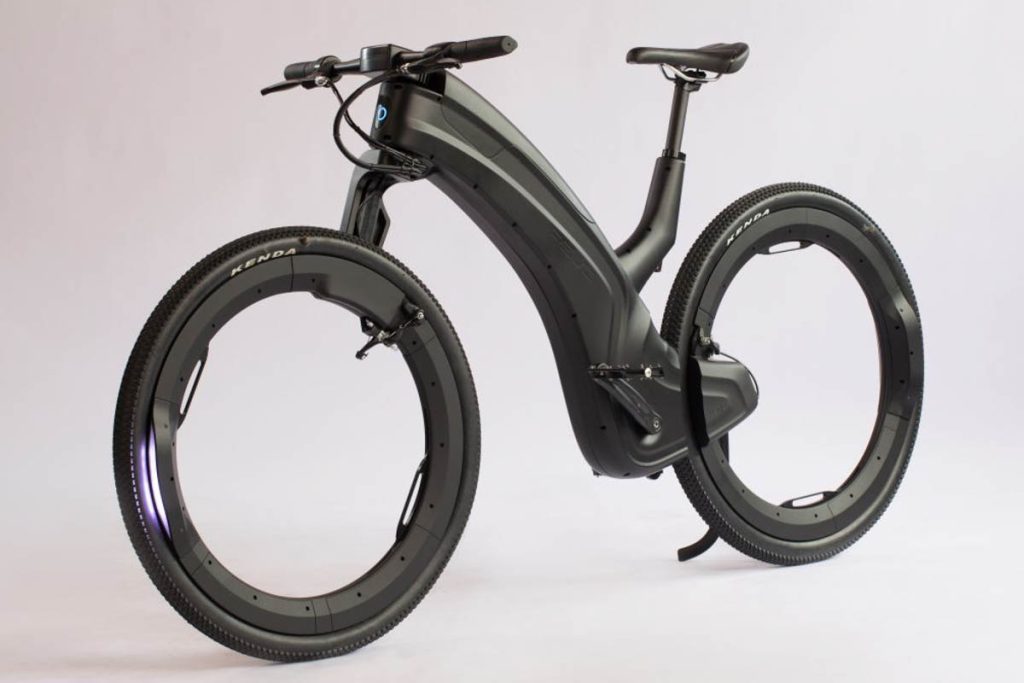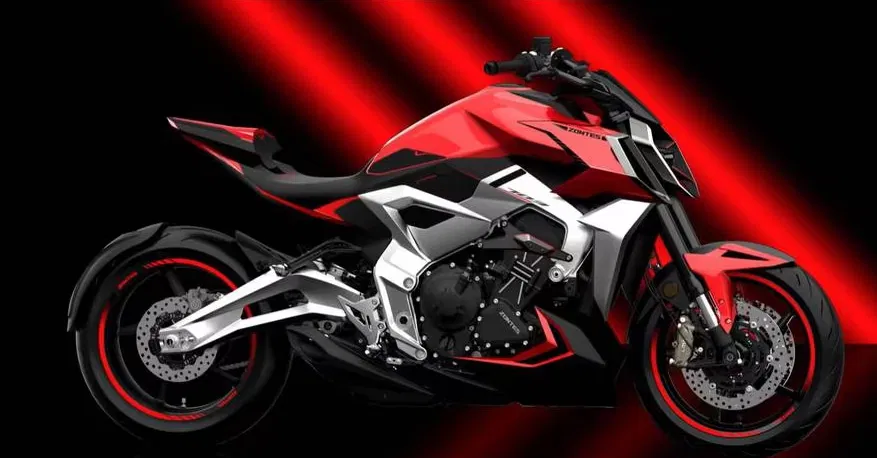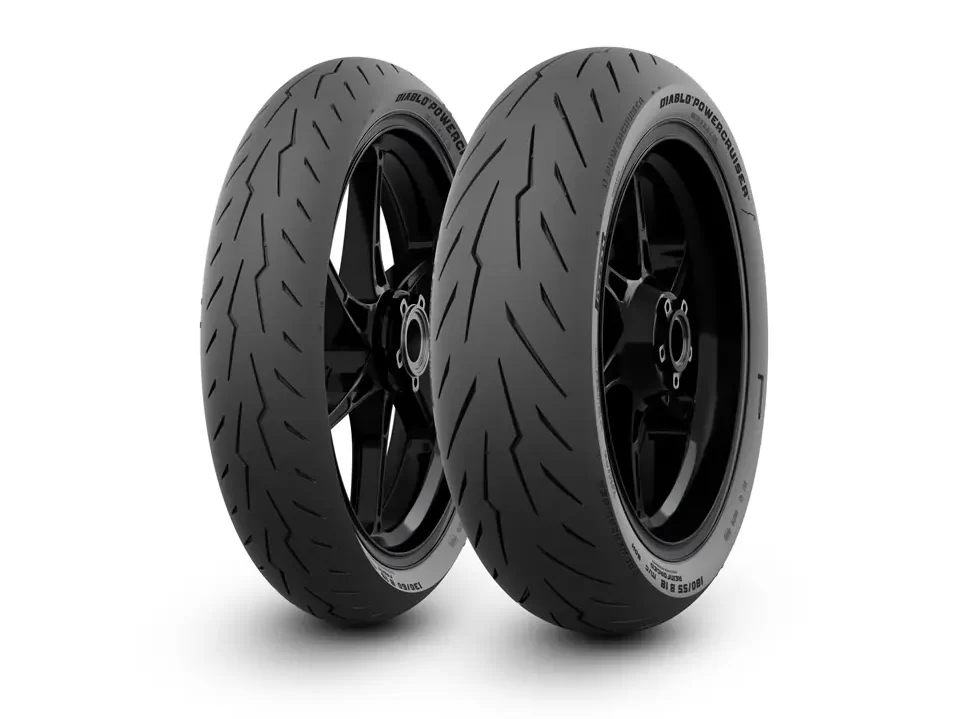When it comes to the term “e-bikes,” different individuals may have varying interpretations. For many, it’s a colloquial abbreviation for “electric bicycles,” which are typically equipped with electric motors designed to provide pedal assistance, rather than entirely replacing human pedal power.
However, within the motorcycle enthusiast community, there has been an ongoing debate over the use of the term “e-bikes” when referring to electric motorcycles, a classification often perceived as incorrect, though not without reason. After all, traditional internal combustion engine-powered motorcycles, often called “bikes” in the UK and other Commonwealth nations, might justify such a nomenclature. It is a perspective that raises a valid point.
This debate took a significant turn with a recent ruling from the Court of Justice of the European Union, definitively addressing the classification of electric bicycles within the European legal framework. In a judgment issued on October 12, 2023, the court declared that electric bicycles do not meet the criteria to be considered “vehicles” under EU law. In contrast, motorcycles are unequivocally classified as vehicles. In essence, e-bikes, as legally defined within the European Union, are distinct from motorcycles.

This judicial milestone arose from a tragic incident that occurred in Belgium in October 2017 when a cyclist, riding an electric bicycle, was involved in a collision with a car and subsequently succumbed to his injuries. Following this fatality, a legal dispute emerged, focusing on the essential matter of compensation. The key point of contention rested on the legal classification of the cyclist’s electric bicycle.
The question at the heart of the legal battle was whether the electric bicycle met the legal definition of a “vehicle.” This classification would entail that it must be insured, akin to other road-bound vehicles. The specific electric bicycle in question featured a motor capable of providing pedal assistance, including a boost function, but this boost feature could only engage when a rider initially applied human muscular effort to set the bicycle in motion.
The implications of this judgment may reverberate through future legal cases within the European Union. However, it remains unclear whether this precedent will influence other regions worldwide. Nonetheless, for those who feel disconcerted when the term “e-bike” is used to describe electric motorcycles, this ruling provides a pertinent fact to remember and keep on hand, alongside your multitude of open browser tabs.

















